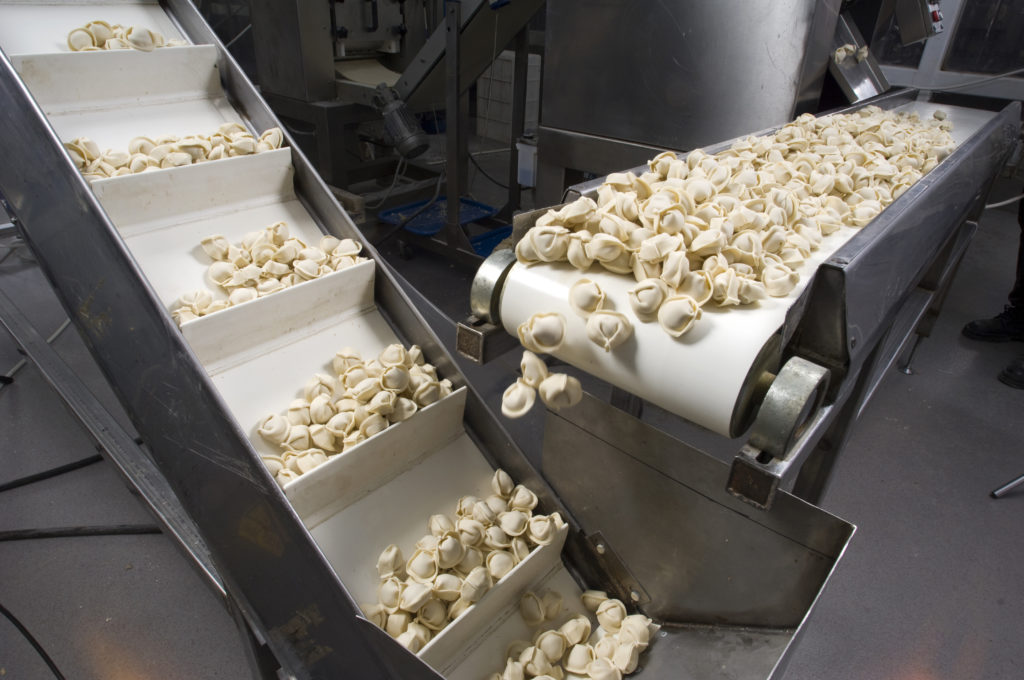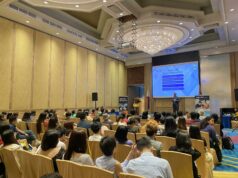Manila, Philippines – The COVID-19 pandemic has disrupted supply chains and business operations around the world. Amid the disruptions, the consumer packagedgoods (CPG) industry has been identified as critical infrastructure to provide for consumer demand. The impacts have been varied across industries—businesses reliant “on-trade” such as brewing have been impacted by lockdowns and have shifted production to necessary products such as alcohol; confectionary and snack sales are booming, thanks to lockdowns, but these companies have deferred capital expenditures; meanwhile, pharmaceutical companies are working on developing ways to combat the coronavirus and accelerating time-to-market.
Ultimately, at a time how the world works is anything but normal, the focus is on business continuity. Among the initiatives of CPG companies to adapt to the new normal include: sourcing equipment and defining new processes to protect the workforce; focusing production on consumers’ essential needs; increasing digital communication with employees and customers; developing e-commerce and contactless pick-up and delivery; and implementing cybersecurity measures.

Schneider Electric, the global leader in digital transformation of energy management and automation, has been working with CPG companies as they shift priorities from capital expenditures to operational expenditures, the latter necessary for business continuity. Schneider Electric provides support to CPG companies through remote services, provision of spare parts, workforce empowerment, and product information management.
Homer Ilagan, Director for Energy Management at Schneider Electric Philippines, shares, “Schneider Electric is now playing a major role in the digital transformation of companies, becoming a ‘digital lighthouse’ to showcase Industry 4.0.” The World Economic Forum defined a lighthouse in manufacturing as those showing leadership using Forth Industrial Revolution technologies such as artificial intelligence and the internet of things to transform factories, value chains, and business models.
Ilagan continues, “By maximizing our innovation toward digitalization, we are creating a unique value proposition for the CPG industry, which we attribute to four ‘smart’ pillars.” These pillars are: 10 Smart Manufacturing, transforming operations to improve flexibility and profitability; 2) Smart Facilities, providing safer, available, and greener resources; 3) Smart Food Safety, ensuring compliance and increasing transparency; and 4) Smart Supply Chain, managing complexity and reducing logistics costs.
At the heart of all these measures is sustainability and how the CPG industry can better optimize resources.
“Organizations are starting to integrate how they purchase and utilize energy with sustainability initiatives to realize benefits such as increased efficiency, financial savings, and greener operations across their global footprint. We call this market convergence Active Energy Management,” Ilaganexplains. “Our Ecostruxure Energy and Sustainability Services are our dedicated solution to help our clients in the CPG industry design a strategy, deliver efficiency in their facilities, and sustain results over the long-term.”
The company has worked with players in the global food manufacturing industry to detect waste in real-time, applying a Global Energy Management solution to effect conservation measures and reduce overall energy consumption by 10%. Schneider Electric also has a Smart Food Program that redefines “from farm to fork,” utilizing data for better access to the right information and reducing inefficiencies in the supply chain.
The company believes that digitalization is the key for the CPG industry, allowing an empowered workforce to run modernized plants in a safer manner, optimizing plant operations, transforming the manufacturing process, adapting new business models, and utilizing consumer intelligence.
“Schneider Electric has digital lighthouse factories as a showcase for customers in the Philippines who want to start their digital journeys. We can show them how,” Ilagan concludes.





